
Some children are naturally shy and prefer to cling to parents and caregivers in social situations. They feel safe sticking close to parents and hesitate to venture out all alone. This behavior is quite common, although it has its own set of challenges. Shy children may take time to make friends, or find it a struggle to participate in group activities. However, it is also unrealistic to anticipate a shy child to transform into a confident, sociable being unless they’re empowered to do so.
Nonetheless, there is ample opportunity for you as a parent to use easy tips to make your child sociable. These tips are effective strategies to help nurture their social skills, fostering comfort and confidence in social situations overtime.
In This Article
10 Tips to Make Your Child Sociable
Learning to be sociable is a key aspect of a child’s growth years. Research studies have found that children with good social skills are more adaptable, make friends easily, and can also maintain friendships for a longer time (1). Some of the best tips to make your child sociable are discussed below-
1. Maintain Reasonable Expectations
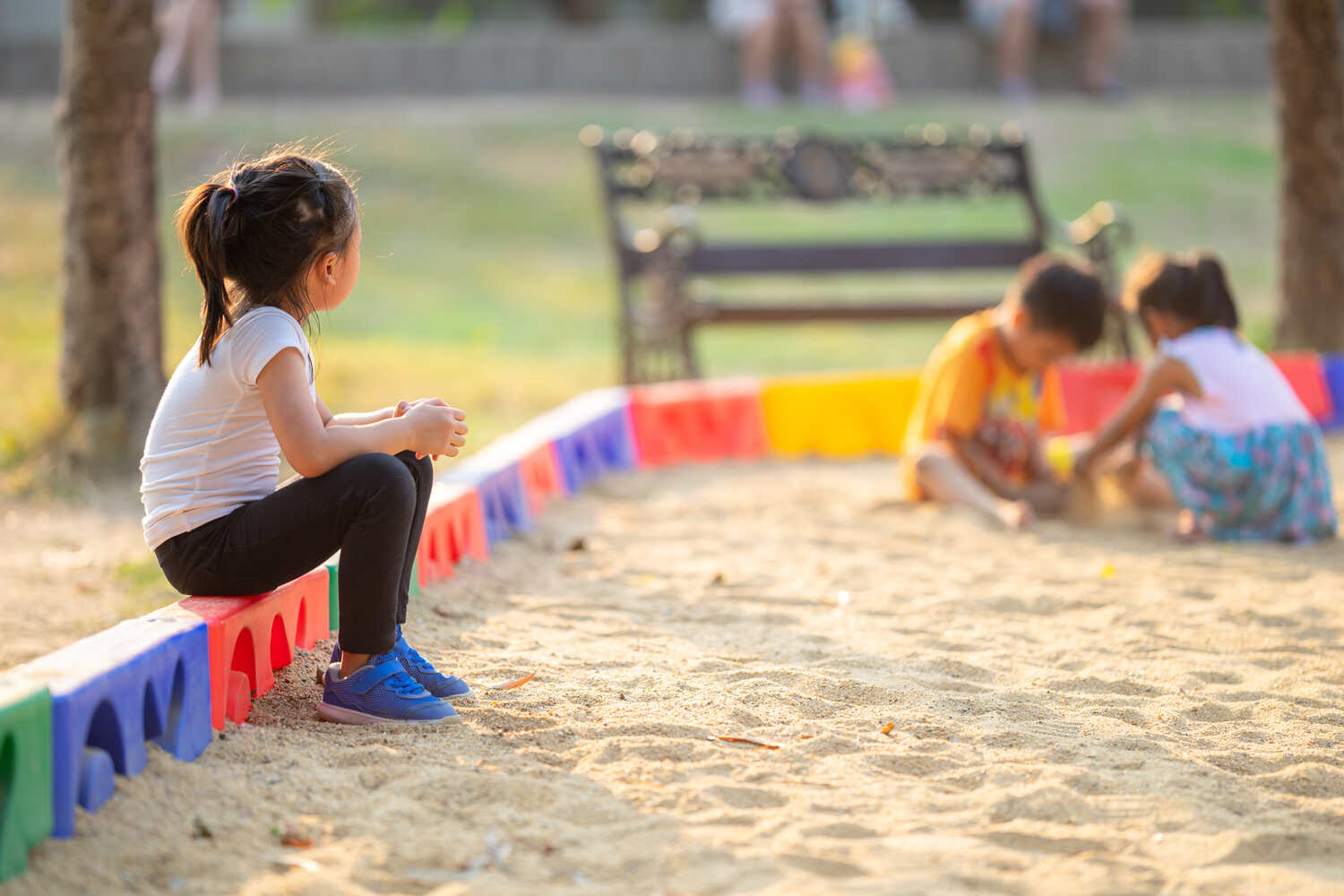
When trying to make your child sociable, always remember that each child has a unique nature. They learn social skills differently and adapt to various new situations as per their needs and wishes. Thus it is important to have reasonable expectations from them. You need to respect their individuality. Avoid forcing them if they’re completely unwilling to socialize. However, make consistent efforts to help them while making no comparisons with their siblings or peers.
2. Talk With Them More Often
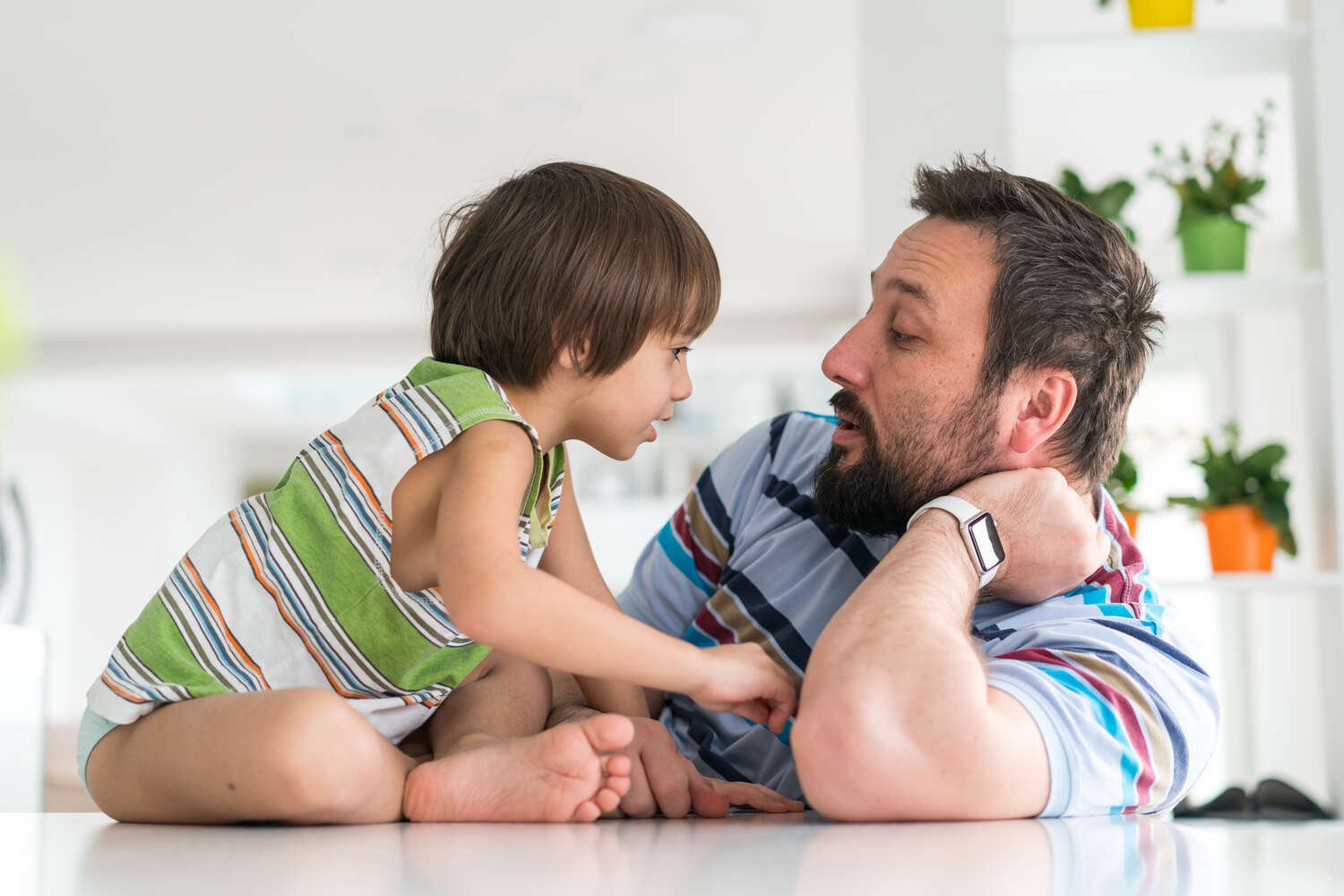
Talk to your child about the benefits of making friends and connecting with others in various social situations. Engaging in conversations with them develops social communication at home. They can use this learned skill elsewhere. You can discuss how the day was for both of you, or can ask them about their favorite TV show. In this way, practice talking with them that can help them develop positive communication skills.
3. Teach Them How to Listen And Take Turns

As parents, it’s vital to make your child listen to others patiently. Good listening skills foster empathy and meaningful social connections. Moreover, when your child acquires the art of taking turns, they learn to cooperate and respect others. Moreover, it sends a clear message to the child that good social skills demand cooperation and not conflict. They also learn to tolerate frustrations and delay in gratification of their needs.
4. Show The Importance of Body Language
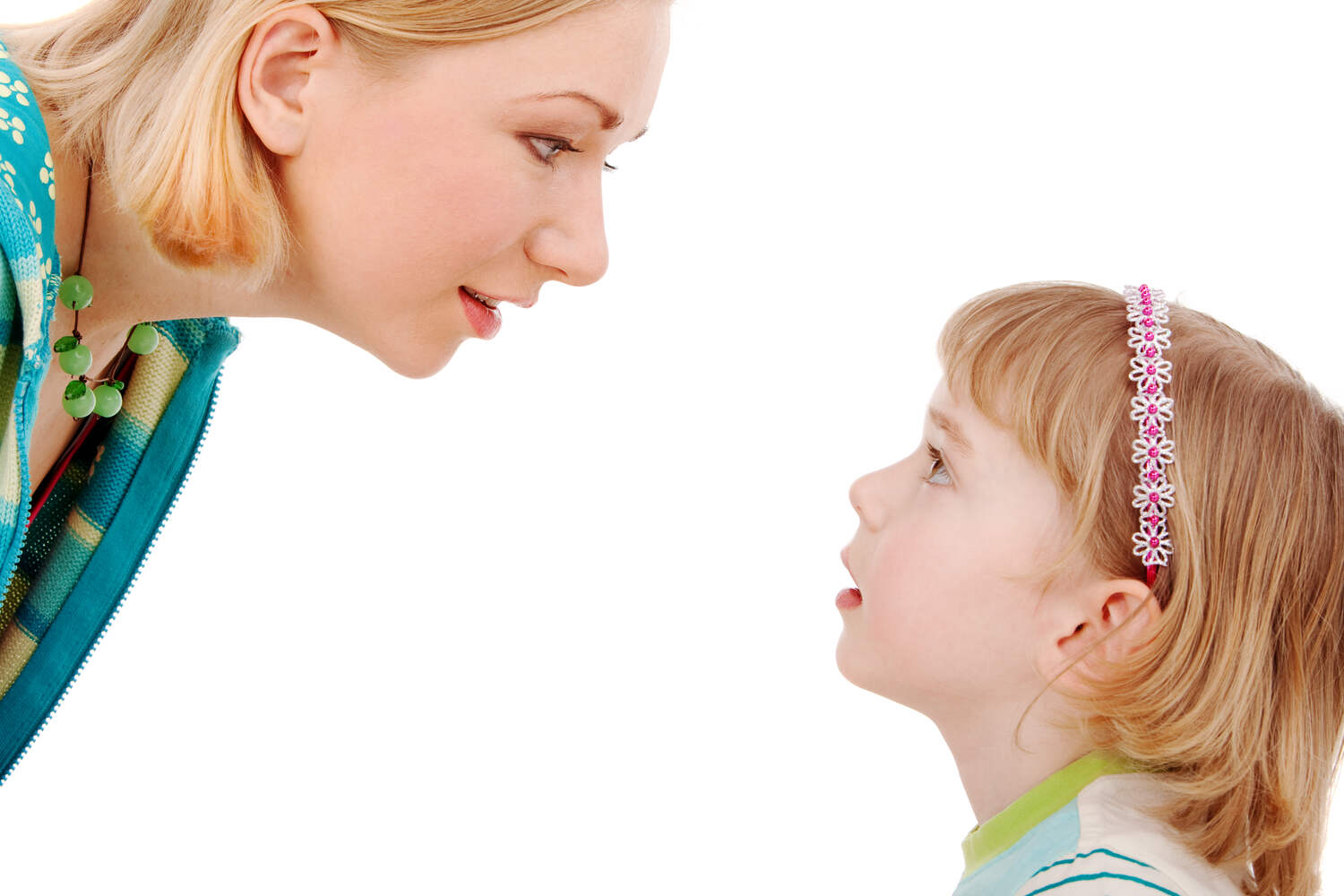
Teach your child to look at people while talking to them. Eye contact is an essential part of developing healthy social skills (2). It gives away the message of attentive listening coupled with warmth and acceptance. Moreover, you can teach them to offer smiles when they meet a friend. In this way, their shyness subsides and they gather enough confidence to engage with others.
5. Teach Them About Personal Space
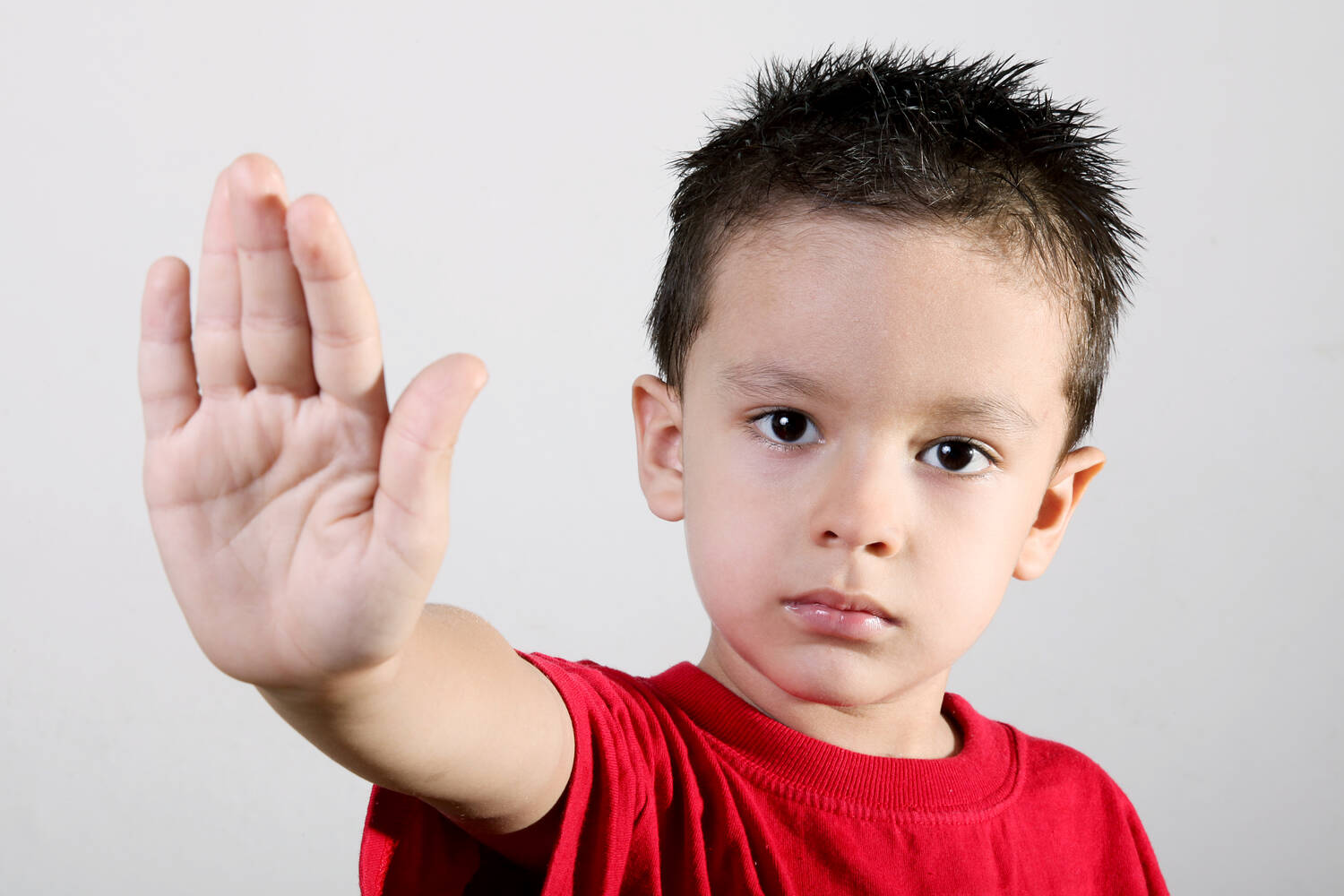
While making your child sociable, it is also important to let them know about personal space. Let them understand that certain things are their own and they have a right to say ‘no’ if they do not like it when their peers interfere. For example: no one can touch their belongings without permission. Moreover, you can also explain to them that while playing, they should maintain a physical distance from others so that no one hits each other.
6. Develop Their Emotional Skills
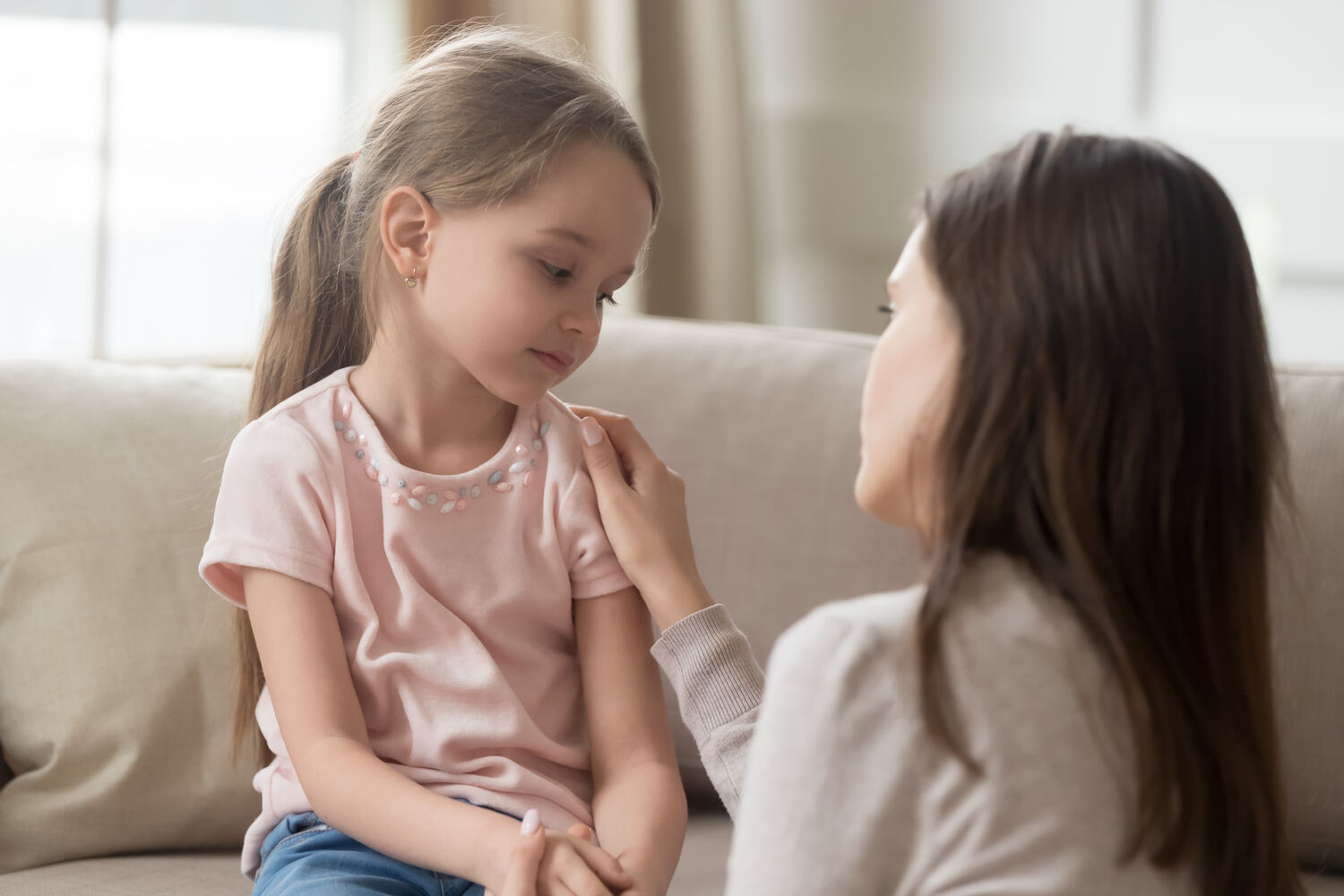
Help your little one understand and express their feelings clearly. Make them understand that if fights occur while playing, it doesn’t mean that they are to make their way back home. Instead, they can resolve the issue by open communication with their friend. If the child is too small, the obvious reaction would be screaming or loud cries. However, if the child is an older one, they should be taught to socialize by respecting each other’s choices.
7. Find Moments For Learning in Play

Give your child ample opportunities to play with peers. Socialization is a learned process. Thus, encourage cooperative games, or role play scenarios to help them become socialized. As parents, you can also help your child learn social skills by storytelling about friendships and how having friends of the same age can be a joyful experience for them.
8. Lead by Example

If you are trying to make your child sociable, you need to demonstrate various sociable behaviors. Common ones are initiating conversations while you see your neighbors crossing paths, or meeting your friends once in a while. Children learn by imitating you. Therefore, you need to actively participate in sociable activities that can motivate them to do the same.
9. Do Not Force Interactions
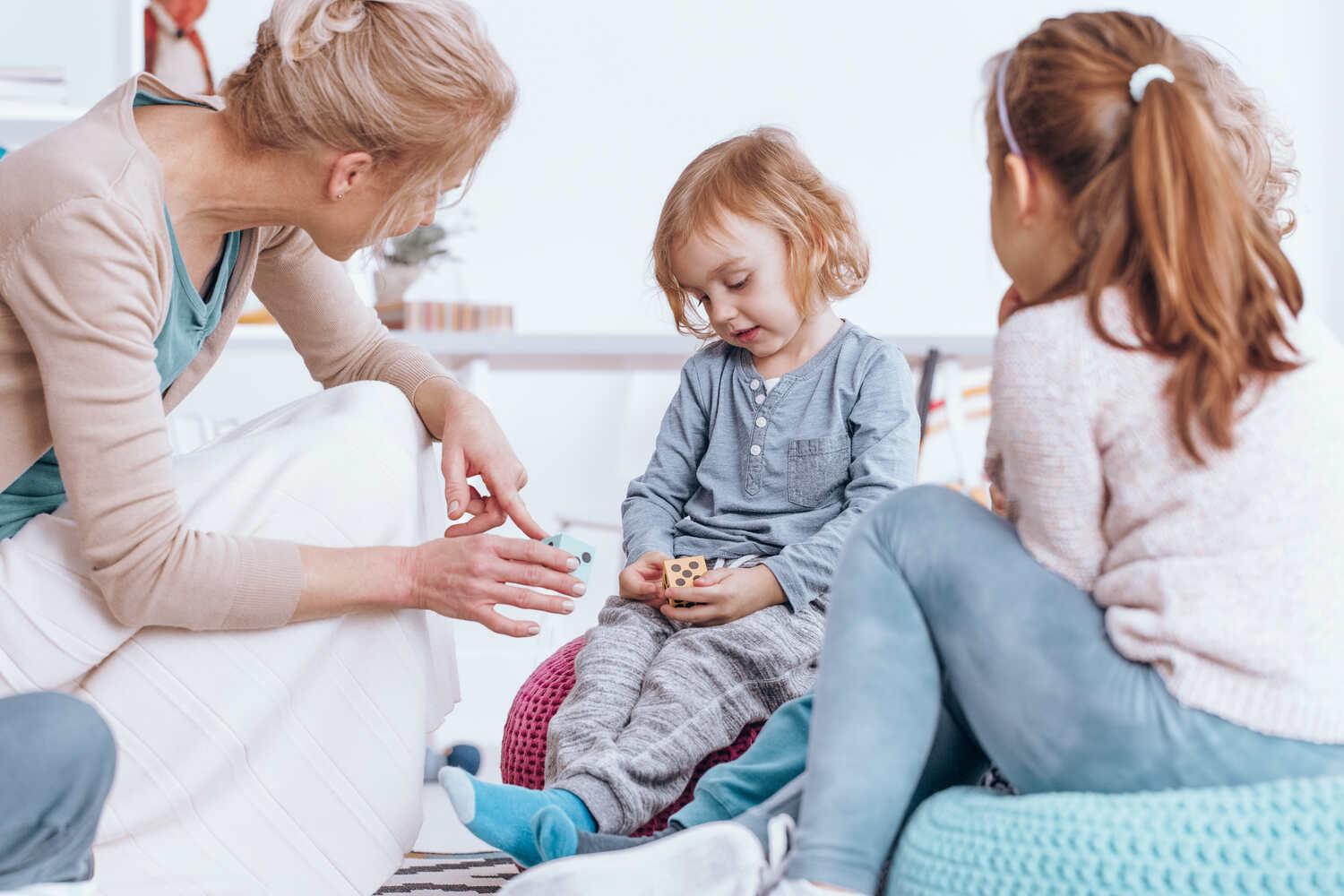
When trying to socialize a shy child, it is important to take small steps. Forcing interactions can cause anxiety in children. It can overwhelm them and they may resist you by crying, avoiding the situation, or by throwing tantrums. Allow the child to initiate interactions at their own pace and choice. Give them time to open up and gradually feel comfortable in unknown social setups.
10. Have Play Dates
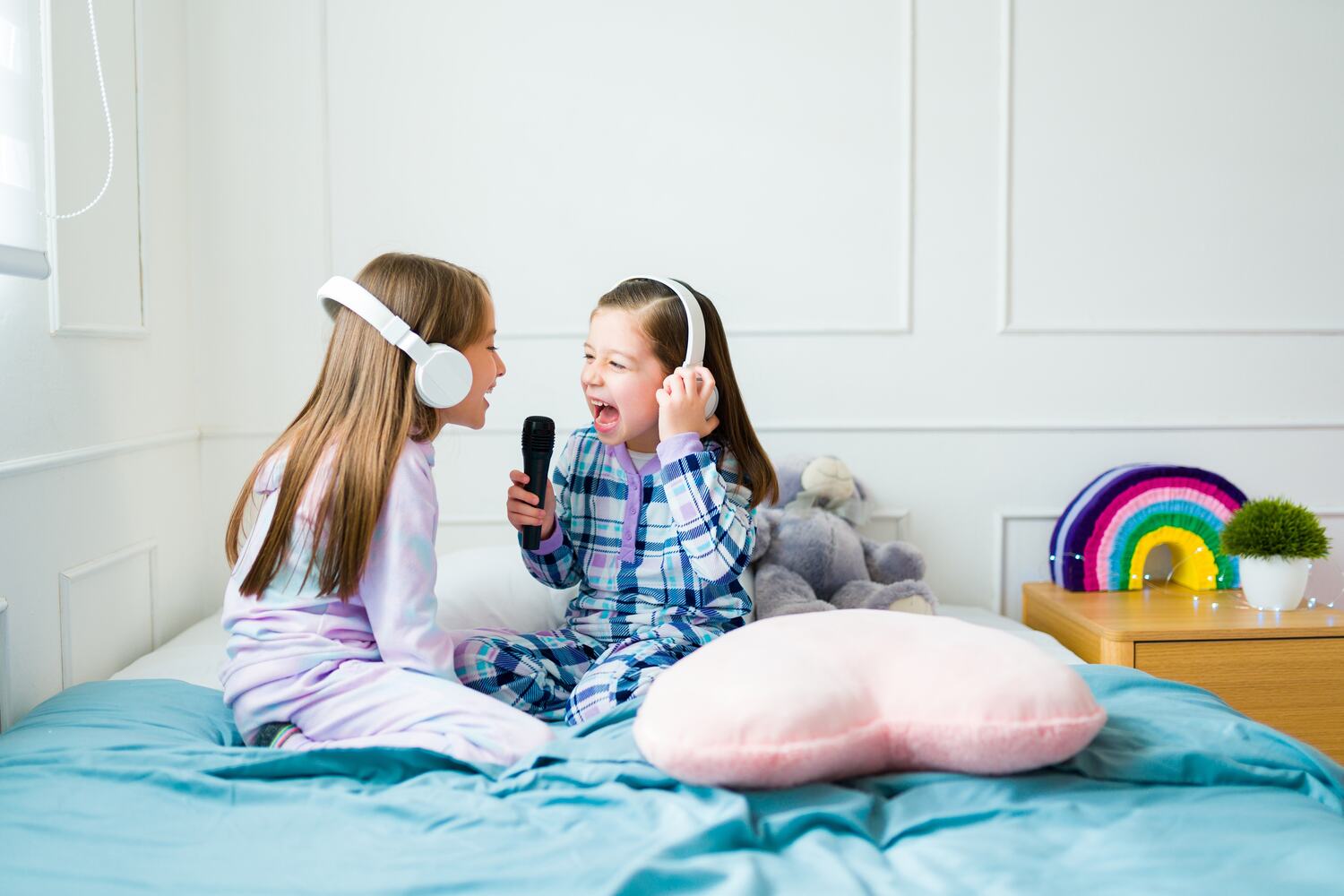
You can invite friends over so that your child feels the comfort to interact with people they already know. Play dates can encourage sharing and cooperation. It also encourages teamwork and bonding. Moreover, it also improves your child’s communication and empathy.
When you are trying out easy tips to make your child sociable, remember to move slowly and gradually.
Each child has varying social needs and expectations. So, it is vital to consider individual differences as well. By encouraging more and more peer engagement, you can proactively nurture your child’s socialization process. As the child ages, they grow into confident individuals capable of thriving in all sorts of social situations.
FAQ’s
1. How Can I Improve my Child’s Socialization?
You can improve your child’s socialization by giving them an opportunity to mingle with their peers, share their belongings with them, and even by arranging playdates where children can learn to share, take turns, and show patience while playing.
2. How Can a Child Develop Socially?
A child can develop socially by playing in groups, observing and imitating the social behaviors of parents and others and practicing varied forms of social interactions in their daily life.
3. Why Does my Child Lack Social Skills?
Your child may lack social skills due to various reasons. Some of these are lack of social exposure, shyness, communication difficulties, development delays, or lack of interest to mingle with others in a social space. Most of the time, this lack of social skill is just a temporary thing and goes away as the child ages.
4. At What Age do Kids Need to Socialize?
Children begin to develop social skills as early as 6 months of age when they either smile or try to communicate with caregivers non-verbally. However, when they grow up as toddlers, their social skills mature. They interact with peers or known people around them. While joining preschool, they develop communication skills that further their ability to interact and mingle with other kids.
5. What Happens if a Child Doesn’t Develop Socially?
If a child doesn’t develop socially, they may suffer from loneliness. Moreover, they may struggle to make new friends or maintain their existing relationships. Sometimes, lack of social skills brings in behavior issues in adulthood as well.
References
- Social Skills in Children at Home and in Preschool – [https://www.ncbi.nlm.nih.gov/pmc/articles/PMC6681026/]
- Eye contact in children’s social interactions: What is normal behaviour? – [https://www.researchgate.net/publication/261730148_Eye_contact_in_children’s_social_interactions_What_is_normal_behaviour]
